REGULATORY UPDATE
National Organic Standards Board Meeting Highlights
Spring 2017
NEXT MEETING: Oct 31 – Nov 2, 2017 in Jacksonville FL
https://www.ams.usda.gov/event/2017-national-organic-standards-board-nosb-meeting
The Spring 2017 National Organic Standards Board (NOSB) meeting was held in Denver Colorado from April 19th -21st. It was well-attended by the public, and the USDA National Organic Program welcomed FIVE new board members to the group. All appeared to be highly motivated to work with their fellow board members to learn, discuss, and take all stakeholder input into account — especially critical with such complex topics such as hydroponics.
The Spring NOSB meeting is structured in a way to allow the board to discuss and hear public comment on Sunset material review and proposals/petitions and/or discussion documents, and then allow more time for public comment before final votes are generally done in the Fall meeting. This meeting’s HOT TOPIC continued the in-depth discussion and public comments around Bioponics, Hydroponics and Container/Greenhouse production, and whether these types of growth mediums can align (or not) with organic soil principles.
At this meeting, NOSB discussed 43 Sunset 2019 materials, 8 proposals (all but 2 of which were referred back to subcommittee), and and 8 discussion documents at the Spring meeting. In addition, NOSB received over 2000 written comments prior to the meeting, and also heard from approximately 150 commenters during the meeting (over 12 hours of oral comments). These 15 nominated board members do an incredible amount of work throughout the year, in addition to attending these bi-annual 3-4 day meetings. All this is to keep Organic Integrity and faith in the USDA Organic Seal strong. Here are some highlights:
Sunset 2019 materials – discussion only. The FINAL VOTES will be taken at the FALL meeting in late October in Jacksonville FL. Each subcommittee discussed all the materials based on public comment received so far, and in some cases asked for MORE PUBLIC COMMENT, which indicates those substances that may be more AT RISK to remain on the list. I’ve highlighted those materials that need MORE INDUSTRY FEEDBACK. The public comment period for the Fall meeting will probably open in mid-September.
For Sunset 2019 — materials considered AT RISK without additional public comment:
CROPS: Herbicides, Soap-based; Biodegradable mulch film; Boric Acid; Copper Sulfate; Coppers, fixed; Humic Acids; and Vitamin B1.
LIVESTOCK: Oxytocin; Copper Sulfate; and Procaine.
HANDLING: Magnesium Chloride; Sodium Phosphates; Casings (REALLY NEED INPUT); Konjac Flour; and Pectin.
Status of EIGHT proposals and discussion documents:
Two proposals were voted on — PASSED: adding L-Methionine to (205.605(b) as an essential non-organic nutrient allowed only in nutritionally complete pediatric enteral infant formulas. FAILED: Denied the petition to allow Short DNA Tracers as a method to support supply chain traceability. The SIX remaining proposals went back to committee for further work (cellulose ancillary substances, organic seed requirements, marine/ algal listings, inspector performance evaulations, and tocopherol annotation changes.
Discussion documents: Hydroponics, BPA in packaging, Converting Native Ecosystems to Organic Farms, and Emergency Treatment of Livestock.
Hydroponics continued to be the HOT TOPIC at this meeting. Public comments were overwhelmingly received (both FOR and AGAINST), and the board had a very thorough engaging discussion on this complex issue. They seemed interested in asking the NOP if there could be a way to visit some of these types of operations before the Fall 2017 meeting in Jacksonville, which could help educate board members during future evaulation and deliberation. Until then, they agreed to keep working on definitions and standards and how to best evaluate these types of growing operations (bioponics, hydroponics, and container growing).
The full recap of the meeting can be reviewed here from the Organic Trade Association:
https://ota.com/sites/default/files/indexed_files/OrganicTradeAssociation_NOSB_SummaryReport_Spring2017.pdf

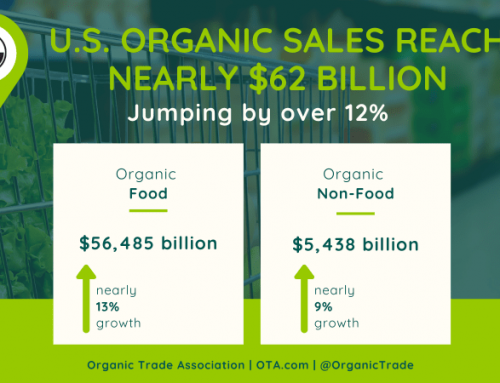


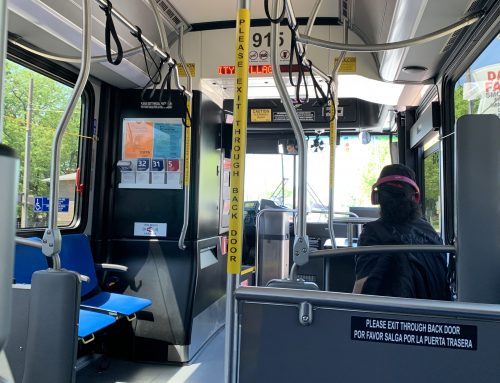
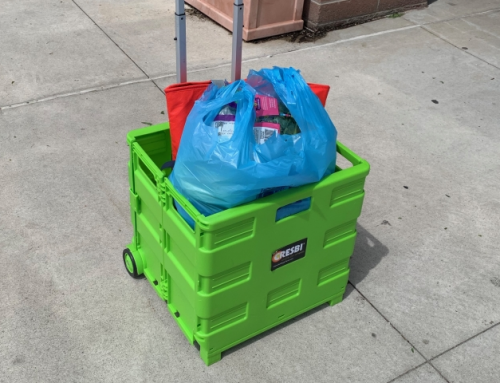
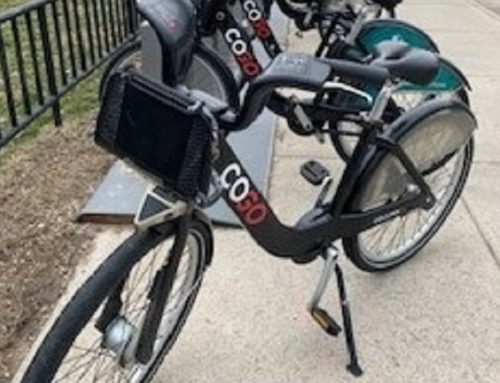
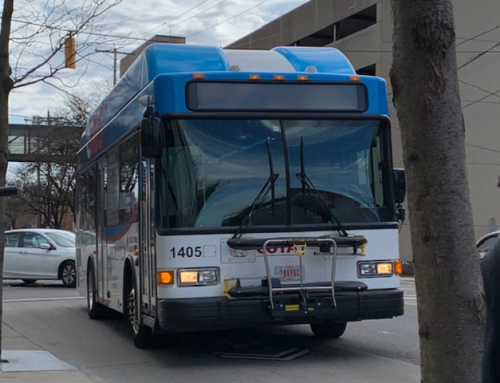
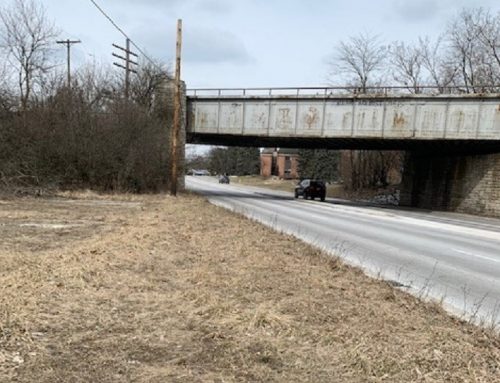
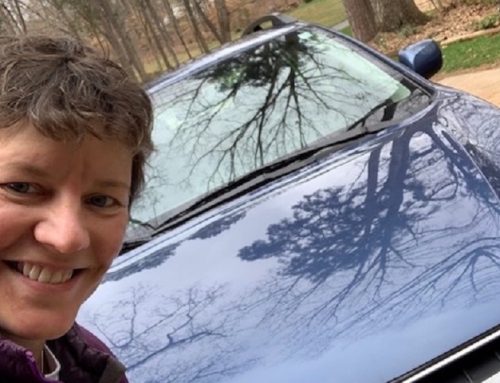
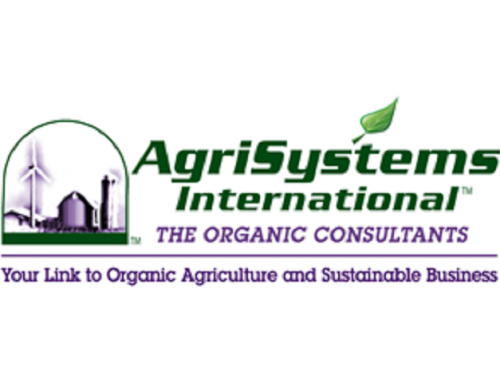
Leave A Comment